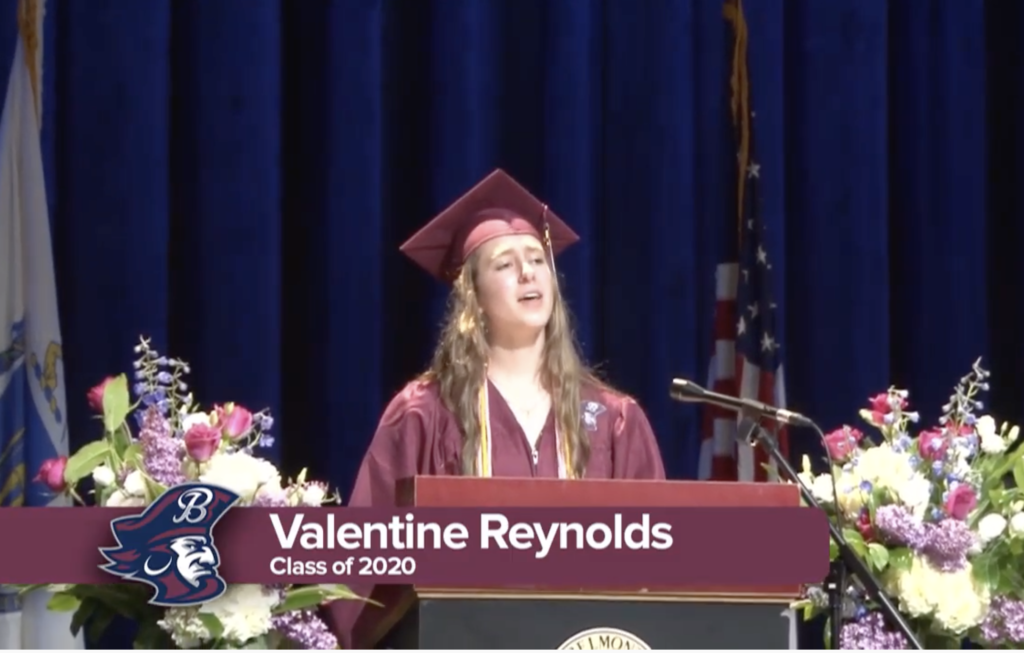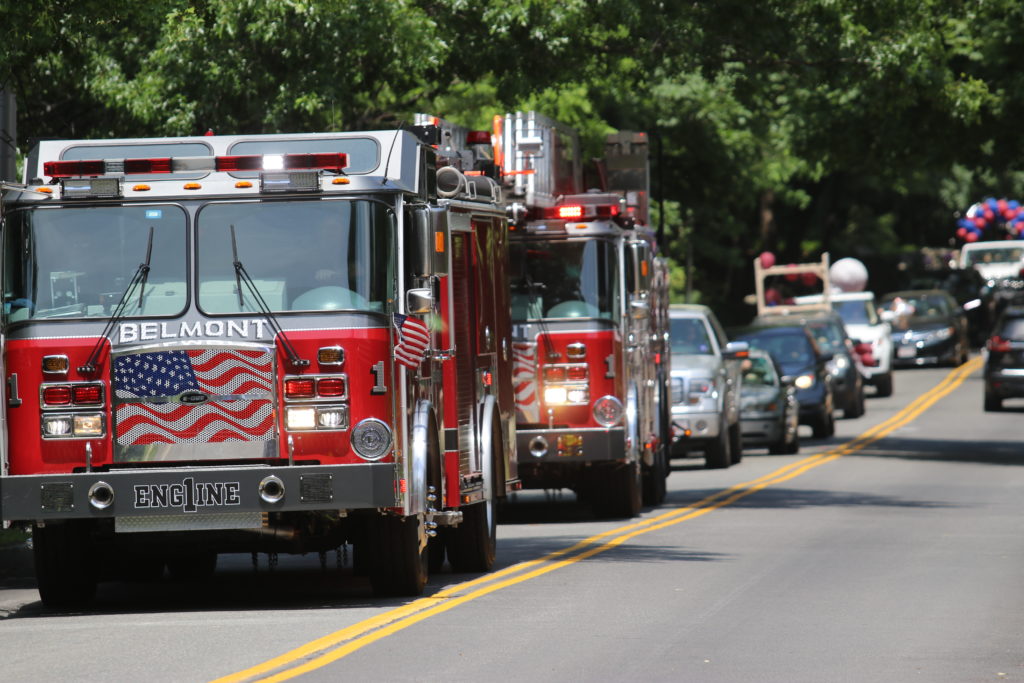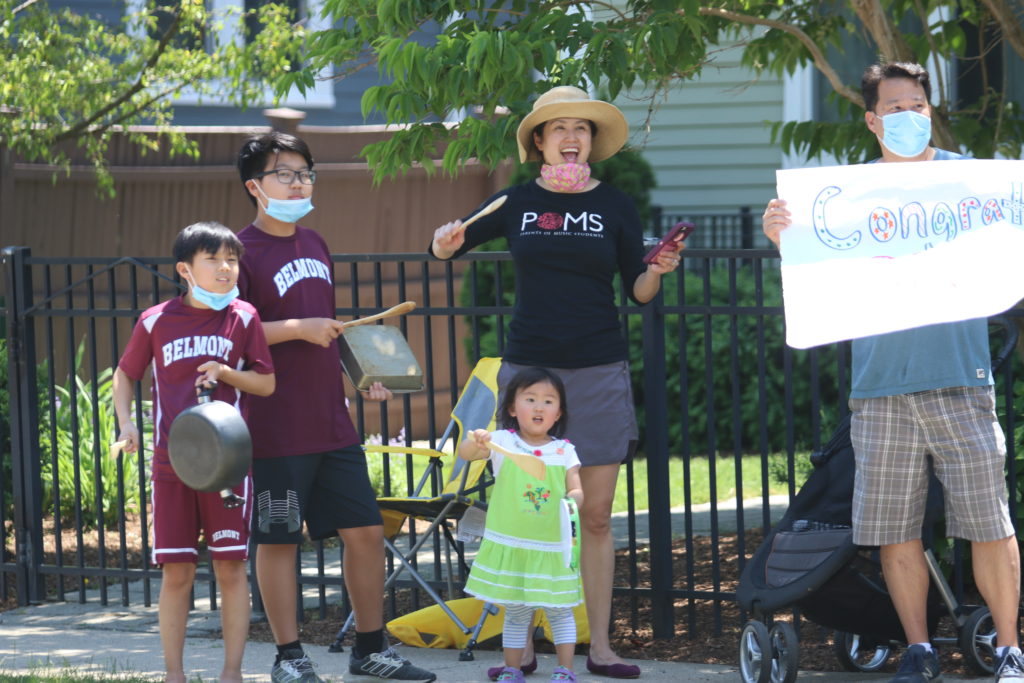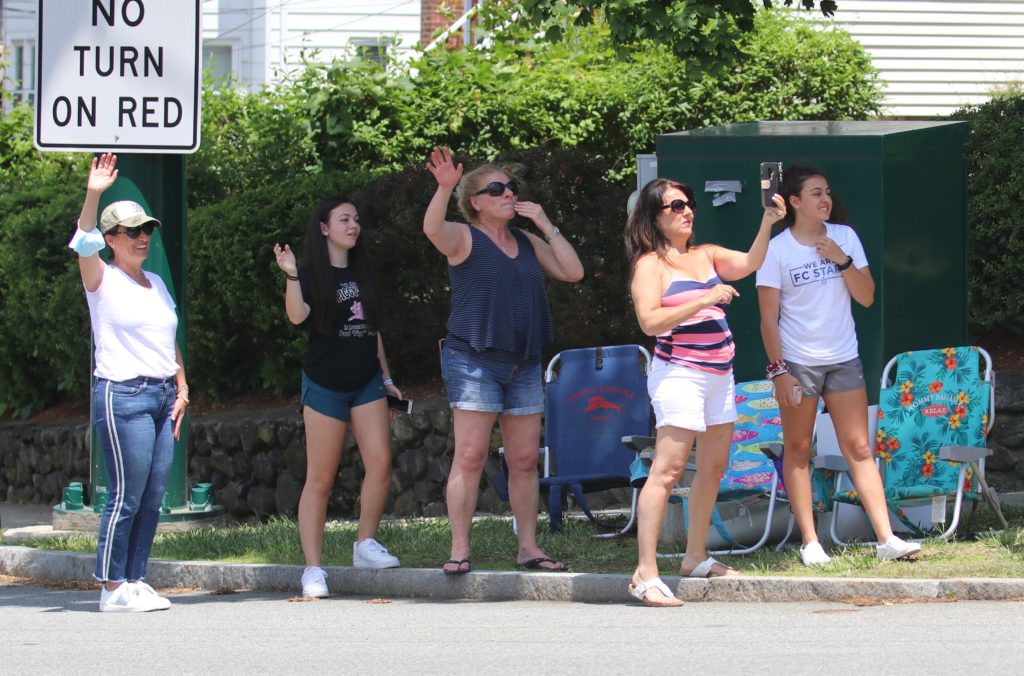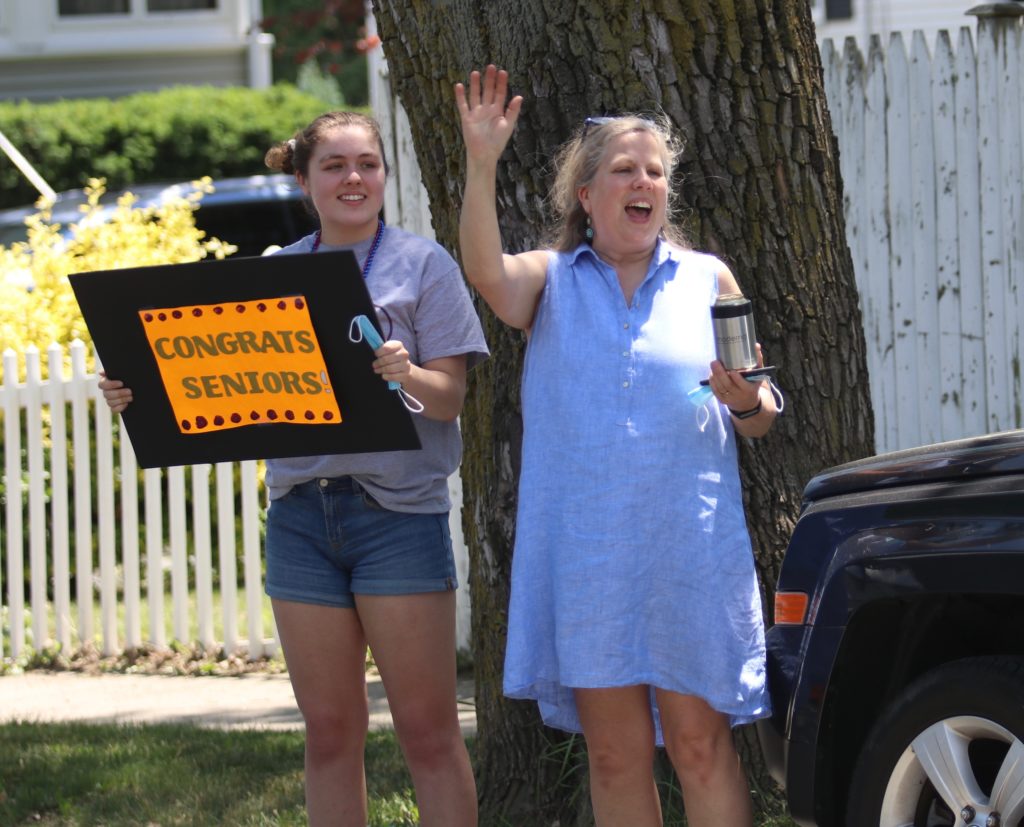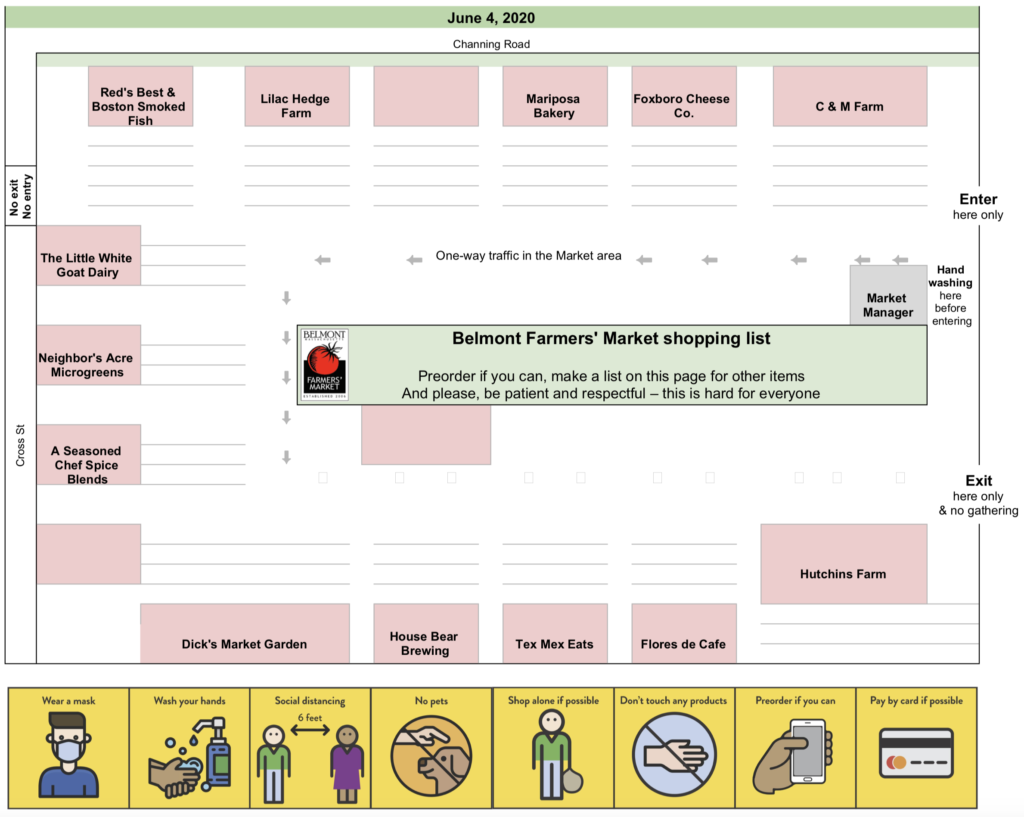Photo: “I voted” sticker
By: Ellen Cushman, Belmont Town Clerk
Do you usually like to vote in person on Election Day, and vote early in the morning, in the afternoon or early evening? For the June 23 annual Town Election you could miss out.
In-person voting at the precincts on Election Day will be limited from 10 a.m. to 2 p.m. for the safety of our election workers and voters.
This is a different election and different behavior will keep us all safe and guarantee your vote gets counted on Election Day. The Commonwealth of Massachusetts has opened Absentee Voting to all registered voters, no excuse necessary. The Belmont Town Clerk encourages all voters of Belmont to consider voting early by mail, instead of going to the polls on Election Day. Every voted absentee ballot received by the close of polls will be counted on Election Day.
Apply NOW for Your Absentee Ballot: Time is Running Out
Absentee Ballots can only be mailed to those voters who request them in writing, though every voter is eligible during the pandemic. The written request must include the voter’s signature or that of an immediate family member or person living with the voter.
There are two ways to accomplish this, either complete and submit an application or simply write a letter that contains the voter’s name, voting address, signature, the mailing address for the ballot and contact information for the voter. Voters may choose to request Absentee Ballots be mailed to them just for the Annual Town Election or for the remainder of 2020.
If for all year, the voter must also include which party ballot to send for the Sept. 1 Massachusetts State Primary: Democratic, Green-Rainbow, Libertarian, or Republican.
Application forms are available on the Town Clerk pages on the Town of Belmont website: https://www.belmont-ma.gov/town-clerk and select the link on the left of page
Ways to Submit A Request For An Absentee or Early Voting Ballot by Mail
- Fastest methods are to email the signed Absentee Ballot request to mpiccione@belmont-ma.gov (by a clear scan, pdf, or photo), or fax to 617-993-2601, or place it in the Town Clerk drop box at Town Hall (located directly outside the doors facing the parking lot).
- If you must, mail it to Town Clerk, 455 Concord Avenue, Belmont, MA 02478 but realize there may be a delay in the Post Office getting it to us. Ballots are mailed out in the order requests are received and voters are urged to file requests as soon as possible.
- The legal deadline to file a request for an Absentee or Early Voting by Mail Ballot is Noon, Monday, June 22, but realistically voters should allow plenty of extra time for mail delivery in both directions. Ballots may be returned by mail or placed in the Town Clerk Drop Box, as described above.
Absentee Ballots Already Received Are Valid for June 23
If you’ve already requested and received an Absentee Ballot for the election, bearing the original April 7 date, please vote that ballot and mail it in. New ballots will not be printed for the June 23 date; the special legislation allows the use of ballots that were already printed for the original election date.
Other Voting and Election Information
For more information about voting or to see the Annual Election Ballot, visit the Belmont Town Clerk’s pages on the Town website at https://www.belmont-ma.gov/town-clerk and select a topic in the green Elections links on the left of the page. Questions should be sent by email to townclerk@belmont-ma.gov or by phone 617-993-2603 during the pandemic.
Register to Vote by June 12 for the Town Election
Only Belmont residents who are registered to vote by June 12 will be eligible to vote in this year’s June 23 Annual Town Election. Once you’re registered to vote and remain at the same address, there is no need to register again.
To register to vote, or change your voting address, party affiliation or name, to find out whether and where you are already registered, or where you vote, visit: www.RegisterToVoteMA.com
